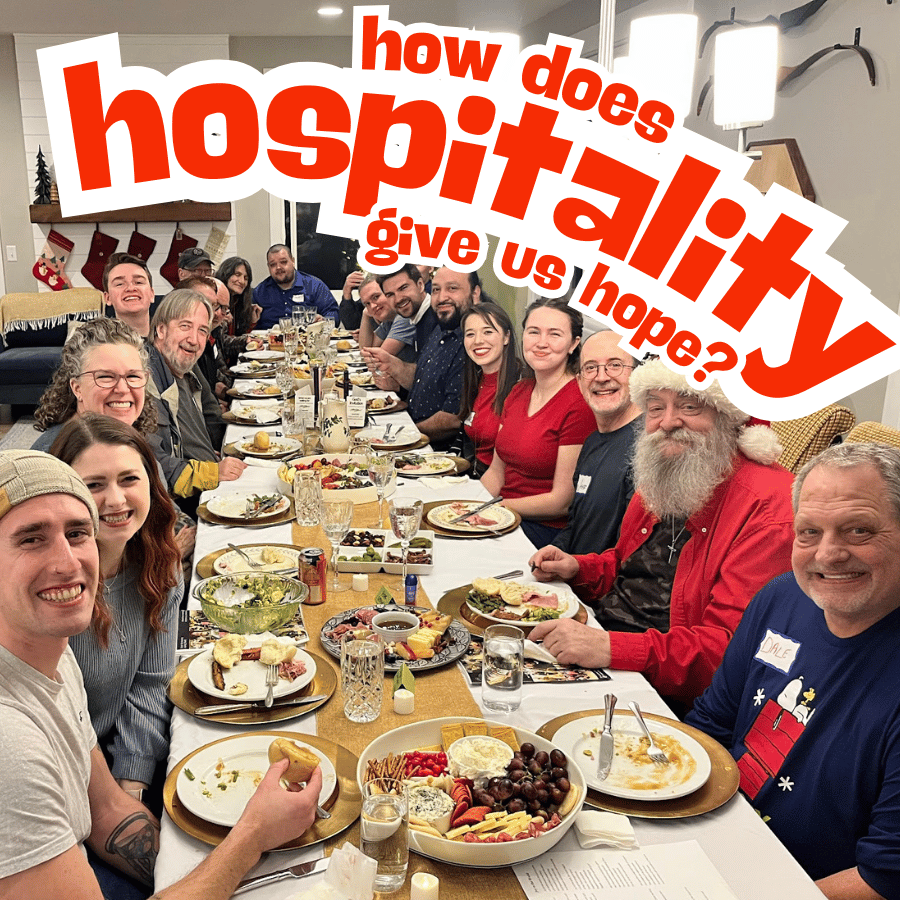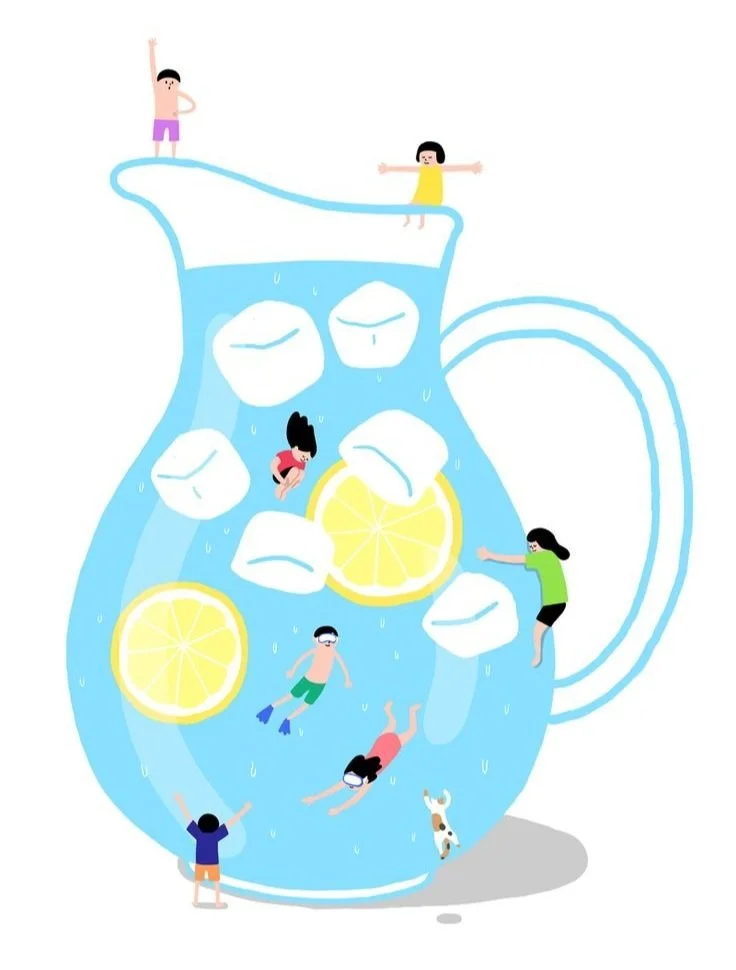When a Problem is a Problem
Written by Emma McCoy
4 minute read
There’s a saying common to the recovery community, and it goes something like this:
“The easiest person to lie to is myself, but my behavior tells me the truth.”
Although I’ve never faced a chemical addiction, I do incorporate this phrase into my life because it’s so, so very easy to lie to myself and others about what a problem is, and what a problem isn’t. If I’m not honest with myself about needing healing, it’s a lot harder for me to experience the healing that Jesus offers me.
Let’s take a look at some common phrases we hear in this culture all the time and see if/when they might indicate we’re not telling ourselves the truth…
“just do you,”
“speak my truth,”
or my personal favorite:
“you’re just judging me” or “you’re so judgemental.”
These can be examples of justifying to others behavior that we’re trying our best to convince ourselves is normal, fine, and unharmful. Now, sometimes you can say “just do you,” and it’s about ordering fries with dinner. But sometimes this cultural lack of accountability and honesty leads to a personal kind of dishonesty: we refuse to admit when something is a problem. Let’s focus on one of them.
For the readers who don’t have TikTok, Instagram, or Facebook, ask someone who does have one of these apps what their daily screen time is. Odds are, it’s over three hours. Now, humans didn’t suddenly get more than 24 hours in a day when social media hit the scene. Rather, its addictive qualities have made users carve out that time from their day, and I can’t believe how quickly it happened, and quite frankly, my dad is still gobsmacked. I know that I joke around with my friends all the time about how much time we spend on our phones, but underneath the jokes is an edge that we don’t acknowledge. Social media is an easy example, but this deflection of a problem as a problem takes an infinite amount of forms.
People who joke about alcohol, going out most nights, having a drink before bed, thinking the entire time “it doesn’t affect me.” Having tons of dating apps, having sex with someone different every week, pretending that it fills the deep desire for companionship.
And even when our behavior tells us the truth, and we’re finally able to admit that maybe casual sex or alcoholism or excessive phone usage is a problem, white-knuckling our way to a solution is actually no solution at all. Think about it like this: the man who quits smoking cold-turkey, the woman who deletes all the apps, or the person who decides to go on a social media cleanse for seven days and come out a new person, they all often crack sooner rather than later, because relying on our own strength tends not to get us very far.
I would like nothing more than to be able to say that if we only try a little bit harder to be a little bit better, then we can do it all on our own.
My inclination is to always do more, work harder, and to try and do it all myself. But that approach just doesn’t work for me —not with problems, and not with life. And coincidentally enough (and by coincidentally, I mean not coincidentally) Jesus demonstrates over and over that we aren’t meant to take the white-knuckle, do-it-yourself approach. As it turns out, it’s not good for a person to be alone.
In our service of remembering this Sunday at Spring Church, we’re going to take a look at the story of the paralyzed man again. Because it’s not exactly helpful for the man to lay on his stretcher, by himself, and tell himself that he just needs to pick up that stretcher and walk. It’s not helpful for his friends to tell him that, either. “Just get up and walk yourself!” is about on par with “just get better!” or “you do you!” Coming out of a chemical addiction is a difficult process, and community is needed. As behavior starts to tell the truth, we have to stop lying to ourselves because admitting that we need healing makes that healing a lot easier. And the common denominator here is community.
The paralyzed man needed his friends to bring him to Jesus, and so do we.
Life will always be more than our ability to cope with it. The troubles we face will be more than we can possibly bear. And if we try to face it on our own, picking ourselves up by the bootstraps and gritting our teeth, we might be successful, but we’re still alone. But when our friends and community can bring us to Jesus, we don’t have to do it alone. When we let people in, the problems that we try to explain away become both real and able to be addressed. Our community can only bring us to Jesus if we acknowledge that we’re lying on a stretcher.
When Jesus asks us, through our friends, “Do you want to be healed?” How many of us answer with “nah, I’m good right here, you do you.” What if, instead, we were honest with ourselves about our condition and said, “yes!”
Join us this Sunday as we remember as a community. Come as you are—broken, with problems, ready to carry and be carried to Jesus.










































3-minute read